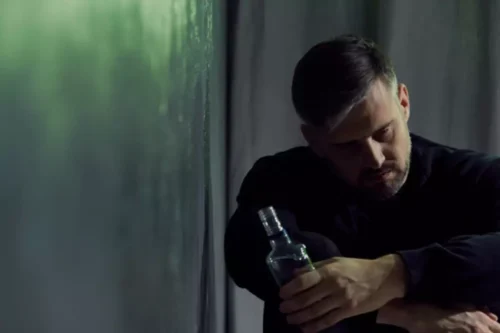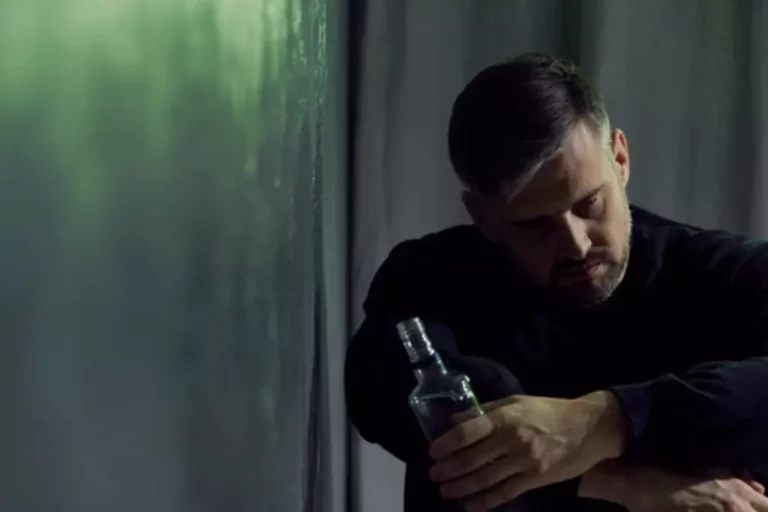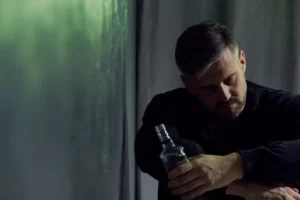
A doctor can evaluate your overall health and alcohol abuse history to help you determine how likely it is that you’ll experience symptoms. If you make the decision to stop drinking daily and heavily, you will likely experience withdrawal symptoms. The time it takes to detox depends on a few factors, including how much you drink, how long you’ve been drinking, and whether you’ve experienced alcohol withdrawal before. Many people stop experiencing alcohol withdrawal symptoms four to five days after their last drink. Unstable vital signs increase the risk of complications and can be managed with medications. People who experience severe withdrawal symptoms or DTs may require hospitalization or intensive care unit (ICU) treatment during alcohol.
How much alcohol is okay to drink?
- Exploring, in writing, what you find difficult and when you most want to drink can help you notice patterns that offer more insight into your alcohol use.
- It can be helpful to make a plan ahead of time for how to handle a relapse.
- A doctor can evaluate your overall health and alcohol abuse history to help you determine how likely it is that you’ll experience symptoms.
- Misusing alcohol, including binge drinking and heavy alcohol use, puts you at risk for alcohol withdrawal syndrome.
- If you feel comfortable doing so, discuss your challenges with your primary healthcare professional.
Most residential treatment programs include individual and group therapy, support groups, educational lectures, family involvement, and activity therapy. The two manuals use similar but not identical nomenclature to classify alcohol problems. The stigma that still surrounds alcohol issues can make it difficult for people to admit they have a problem. Plus, it’s not always easy to spot the signs.But recovery is possible, even for people with more severe disorders. “I am feeling better than I have in a while, a long while. I still have a few side effects like sleeplessness, anxiety, irritability, and I crave sweets all the time.”
How Is Alcohol Withdrawal Diagnosed?
The study is a retrospective chart review of patients who received treatment for alcohol dependence syndrome between June 2009 and June 2010 (13 months) from the de-addiction clinic of a tertiary healthcare center in North India. As a standard protocol in the department since 2009, the patients of alcohol dependence are detoxified either with benzodiazepine alone or with baclofen. Patients are followed twice a week for 1st 2 weeks and then weekly thereafter on outpatient basis.
- The alcohol withdrawal timeline varies, but the worst of the symptoms typically wear off after 72 hours.
- People who are daily or heavy drinkers may need medical support to quit.
- If don’t have much of an appetite, you may want to take a multivitamin or drink a beverage high in electrolytes, such as a sports drink.
How is alcohol withdrawal syndrome diagnosed?

More moderate to severe symptoms, which usually appear during peak withdrawal time of 24–72 hours after your last drink, may also include hallucinations and seizures. If you begin experiencing severe symptoms of AWS, it’s important to seek immediate medical attention. The sooner you begin treatment, the better your chances are of preventing life threatening complications.


As you begin to notice those health benefits, you’ll likely feel more energized and inspired to keep up your progress. If you turn to alcohol to manage emotional distress, the added overwhelm can prompt the urge to drink, making success seem even more out of reach. Turner notes the importance of bringing along a trusted support person when attending events that involve alcohol. It’s often easier to https://ecosoberhouse.com/article/celebrating-the-first-year-sober/ turn down a drink when you don’t have to do it alone. Becoming more aware of your alcohol triggers and reasons for drinking can help you plan ways to help manage the urge to drink.
- If you begin experiencing severe symptoms of AWS, it’s important to seek immediate medical attention.
- It benefits even those who are still in precontemplation stage of motivation.
- In a recent study on alcohol withdrawal, 37% of people detoxing at a rehab facility or medical center were detoxing from multiple substances, compared to only 15% of people detoxing at home.
- The Recovery Village aims to improve the quality of life for people struggling with substance use or mental health disorder with fact-based content about the nature of behavioral health conditions, treatment options and their related outcomes.
- The use and misuse of alcohol, tobacco, illicit drugs, and prescription medications affect the health and well-being of millions of Americans.
- At the end of the day, one of the most important tools you have at your disposal is self-compassion.
- “The recent nine months’ sobriety has done great good for my body. That said, I hope never to forget how much damage I felt in four days of drink.”
- Talk with a healthcare professional if you’re concerned you may experience detox symptoms when quitting drinking or cutting back.
- Your doctor may be able to connect you with shelter programs for people recovering from alcohol addiction.
Those seeking detox services should check what treatments they will need, how their insurance covers detox and what options different detox centers can provide. Phenibut is used in Eastern Europe for alcohol detoxification as it has sedative and anxiolytic effects. “Recovery can be a lifelong process, but having support is an important factor that can keep you on the right track,” Dr. Wilsnack says. The use and misuse of alcohol, tobacco, illicit drugs, and prescription medications affect the health and well-being of millions of Americans. “Last week, I was on holiday. Several times, I thought, ‘Well, I will have a drink tonight,” and then I remembered the pain, and it kept me straight.” “I hope it helps someone to know the physical stuff will pass. I had a lot of odd symptoms and memory loss etc. but have noticed Alcohol Detox a definite improvement in the past week. I still crave alcohol, but it’s more the mental side now.”

